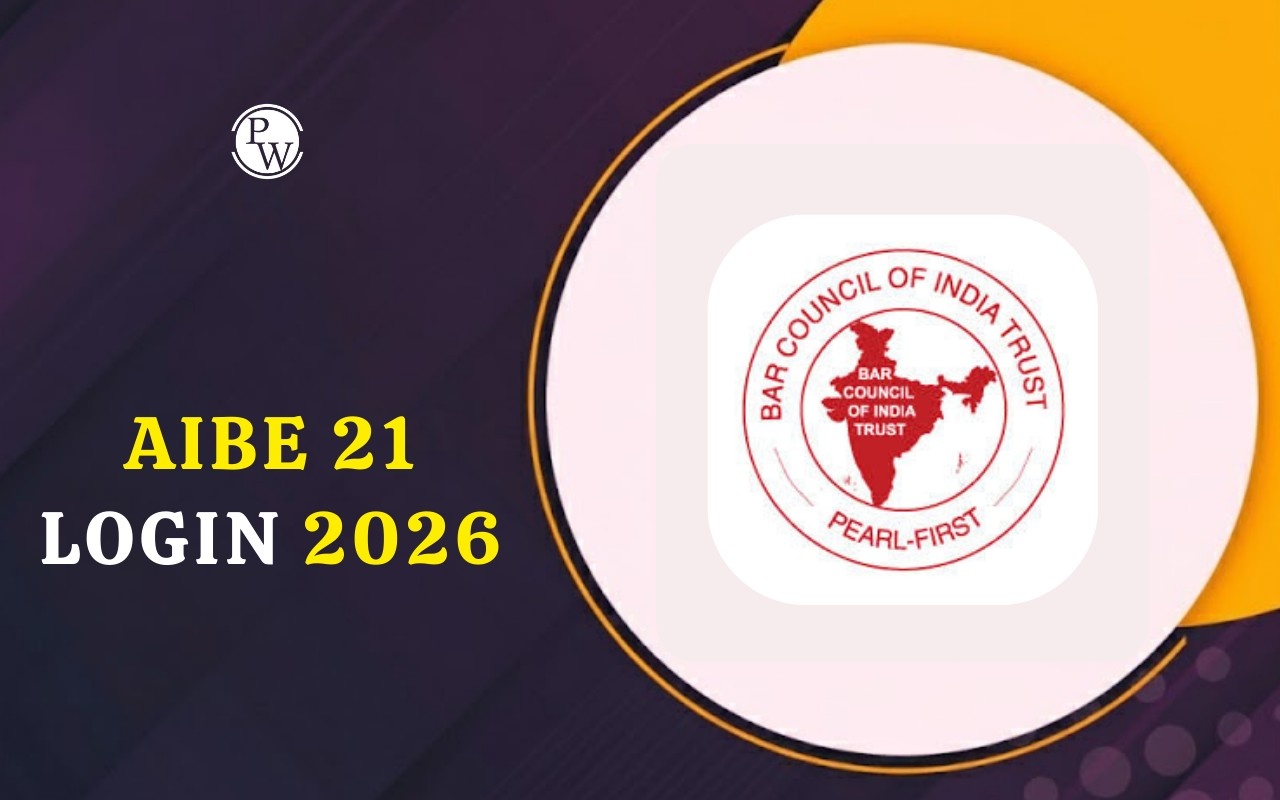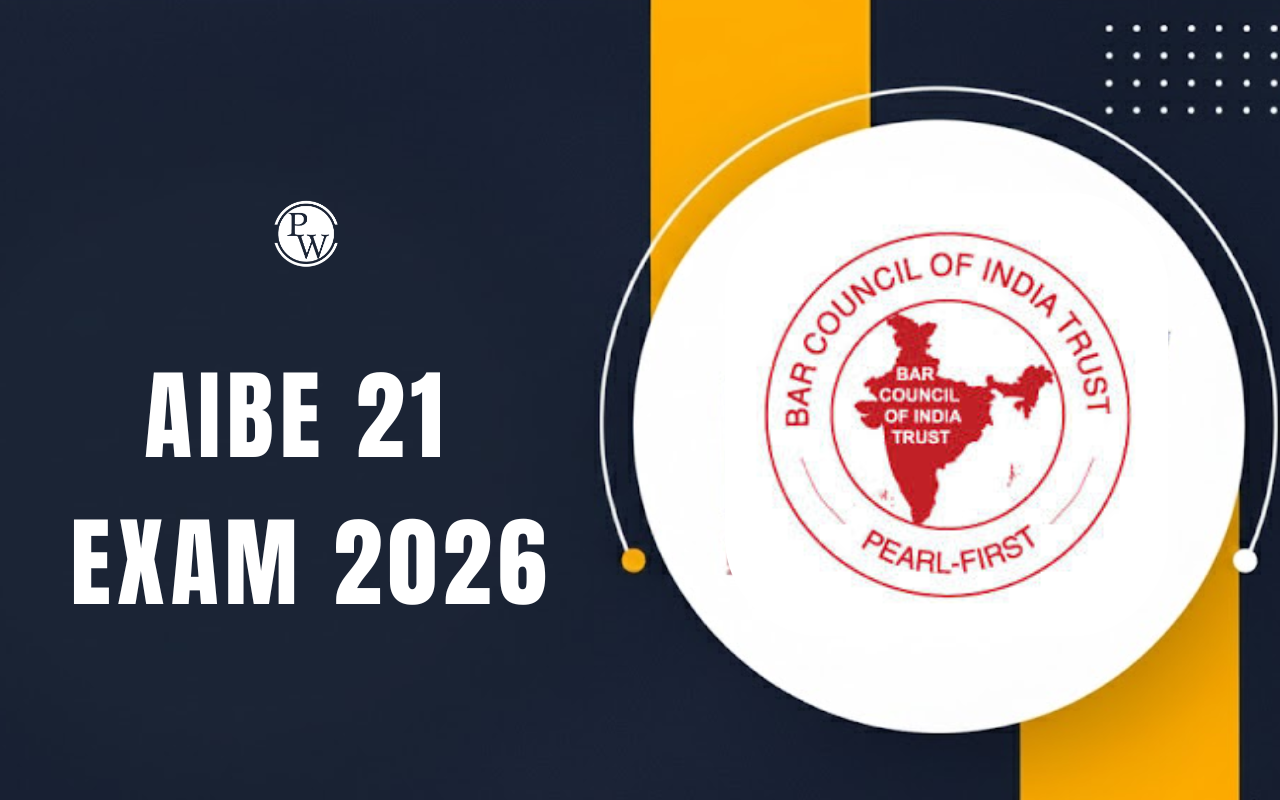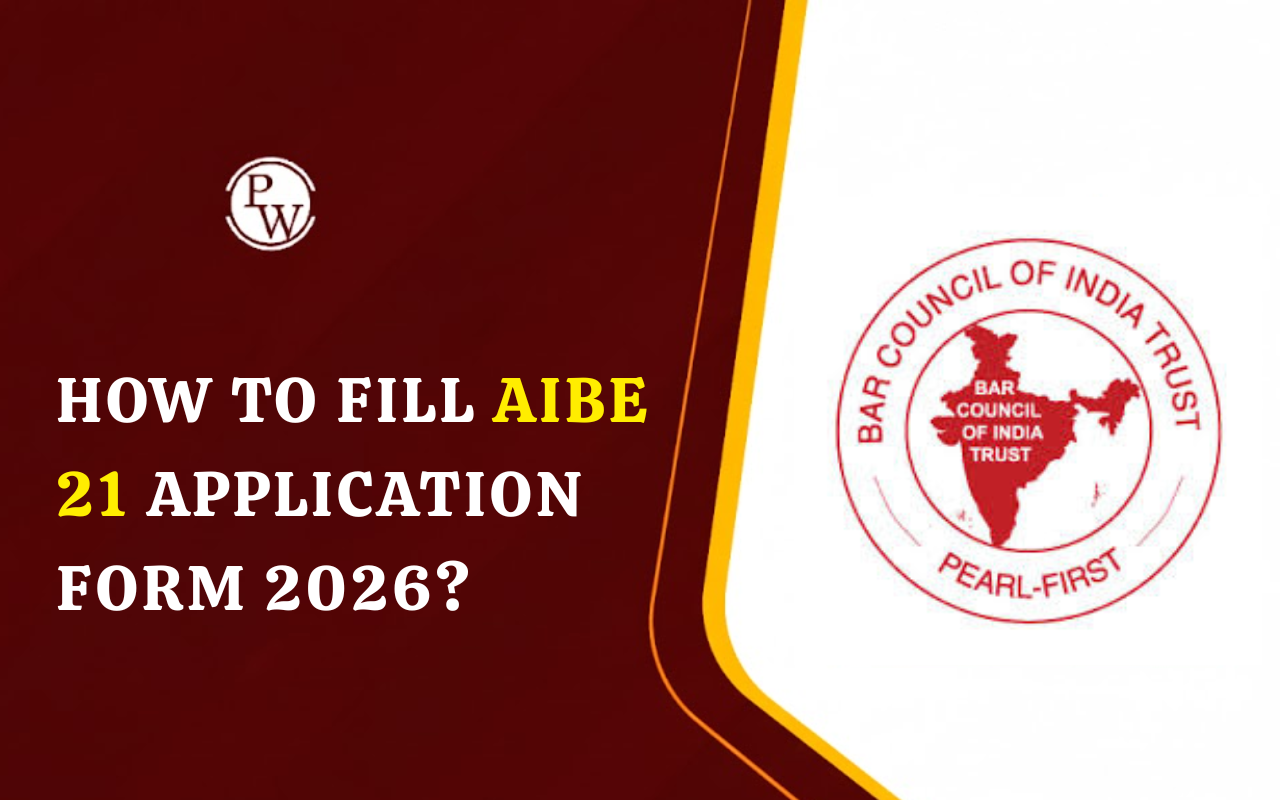
Uniform Civil Code (UCC) remains one of the most contentious and politically sensitive issues in India, raising core questions around secularism, religious freedom, gender equality, and national integration. Fundamentally, the Uniform Civil Code aims to establish a single body of laws governing personal matters such as marriage, divorce, adoption, and inheritance, applicable to all citizens of India, irrespective of religion. This vision is rooted in the dream of a unified legal framework that transcends religious divisions, ensuring equal rights and protection under the law for every Indian.
Uniform Civil Code (Constitutional Underpinnings & Directive Principles)
The Uniform Civil Code Overview must start with its basis in Article 44 of the Indian Constitution, which states:
| "The State shall endeavour to secure for the citizens a uniform civil code throughout the territory of India." |
What is Article 44?
It is part of the Directive Principles of State Policy (DPSP), which, although not enforceable by any court, are fundamental to the governance of the country. The inclusion of UCC in the DPSPs rather than in Fundamental Rights highlights its aspirational nature, reflecting the drafters' sensitivity to India's religious and cultural diversity.
However, Article 44 must be interpreted in conjunction with Articles 25 to 28, which guarantee the freedom to profess, practice, and propagate religion. The fundamental question is: Does enforcing a UCC violate religious freedom?
Here lies the unique nature of Indian secularism. Unlike the Western model of strict separation between church and state, India follows “positive secularism”, which promotes equal respect for all religions rather than excluding religion from the public domain. Therefore, the Uniform Code of Civil Procedure, though aimed at equality, treads a fine line between constitutional morality and religious pluralism.
Need for Uniform Civil Code in India
The need for UCC in India stems from the constitutional guarantee of equality before the law under Article 14. Current personal laws, being religion-specific, often result in discriminatory practices, especially against women and marginalised communities. A Uniform Civil Code has the potential to streamline legal rights across communities, abolishing inequalities and bringing India closer to true constitutional equality.
Uniform Civil Code Personal Laws - Diversity or Inequality?
India’s current personal law regime is a mosaic:
-
Hindu law (including Sikhs, Jains, and Buddhists) was reformed under the Hindu Code Bills in the 1950s.
-
Muslim law, governed by the Sharia, retains distinctive provisions for marriage, divorce, and inheritance.
-
Christian and Parsi laws each maintain separate frameworks for family-related issues.
This diversity of personal laws has led to widespread inconsistencies and often strengthens regressive customs. While some argue these laws are intrinsic to religious freedom and cultural identity, others view them as impediments to achieving true gender and social equality.
Concerns like Why do Hindus oppose UCC? emerge from both political and socio-cultural anxieties. Some fear that the Uniform Civil Code might dilute Hindu customs or disproportionately target their community, while others suspect the imposition of majoritarian values on minority practices.
Supreme Court Jurisprudence
The Supreme Court of India has played a crucial role in navigating the conflict between Article 44 and Articles 25–28. Several landmark cases have clarified that religious freedom protects core religious practices, but not necessarily discriminatory customs under the cover of religion.
Key Supreme Court Cases on UCC:
-
Mohd. Ahmed Khan v. Shah Bano Begum (1985): The Court upheld a Muslim woman’s right to maintenance and emphasised the need to implement Article 44.
-
Sarla Mudgal v. Union of India (1995): Asserted that personal laws are not immune from state regulation and may be overridden by a UCC.
-
John Vallamattom v. Union of India (2003): Struck down discriminatory provisions against Christians, reinforcing constitutional supremacy.
-
Shayara Bano v. Union of India (2017): Declared triple talaq unconstitutional, holding that gender equality cannot be sacrificed for religious customs.
Derived Principles:
-
Personal laws must conform to constitutional principles.
-
Religious freedom doesn’t include discriminatory practices.
-
UCC can coexist with religious freedom, provided it respects core religious tenets while removing inequality.
These rulings clarify that personal laws are not above constitutional scrutiny. Gender justice and constitutional morality often take precedence, reinforcing the need for UCC in India as a corrective mechanism against outdated customs.
Uttarakhand Civil Code
In 2024, Uttarakhand became the first state post-independence to pass a Uniform Civil Code. This comprehensive law—officially the Uttarakhand Uniform Code of Civil Procedure—introduces a single legal framework for personal matters across communities.
Key Provisions
-
Uniform minimum marriage age (21 for men, 18 for women)
-
Ban on polygamy and polyandry
-
Equal inheritance rights for men and women
-
Mandatory registration of marriages and live-in relationships
-
Unified divorce procedures
The Uttarakhand UCC is a practical test case for India. However, the issues associated with implementing UCC nationally remain substantial. These include administrative readiness, widespread legal illiteracy, political resistance, and minority apprehensions about cultural erosion.
List of States that Have a Uniform Civil Code
-
Goa (Pre-independence Portuguese Civil Code, still in force)
-
Uttarakhand (First post-independence Indian state to enact UCC in 2024)
These states serve as living laboratories offering insights into the broader viability of the UCC.
Issues Associated with Implementing Uniform Civil Code
While the UCC promises legal uniformity, equality, and national integration, it comes with several practical and ideological challenges:
-
Resistance from religious communities, who fear the erosion of cultural and religious identity.
-
Concerns about majoritarian dominance, particularly among minority groups.
-
Administrative hurdles in awareness, enforcement, and infrastructure.
-
Legal ambiguity on the balance between UCC and religious freedom under the Constitution.
Conclusion to Uniform Civil Code
The debate surrounding the Uniform Civil Code encapsulates the delicate balancing act within Indian democracy between uniformity and pluralism, gender justice and religious freedom, and constitutional principles and cultural diversity. A top-down imposition of a UCC is unlikely to succeed and may breed resistance.
Instead, a gradual, consultative approach, rooted in constitutional morality and community participation, is essential. Reform should aim at eliminating discriminatory practices, ensuring gender justice, and preserving legitimate cultural practices. The Uttarakhand model can serve as a blueprint, but national adaptation must be shaped by consensus and sensitivity.
Explore the Judiciary Coaching 2025 to access essential resources for Judiciary exam preparation, including detailed insights and strategies. Dive into the Judiciary 2025 for structured courses and focused study plans designed to help aspirants excel in their exams.
Uniform Civil Code FAQs
What is Article 44 in the Indian Constitution?
Why do Hindus oppose UCC despite benefiting from reform laws?
What is the Uniform Code of Civil Procedure?
What is the need for UCC in India today?
What are the issues associated with implementing UCC?










